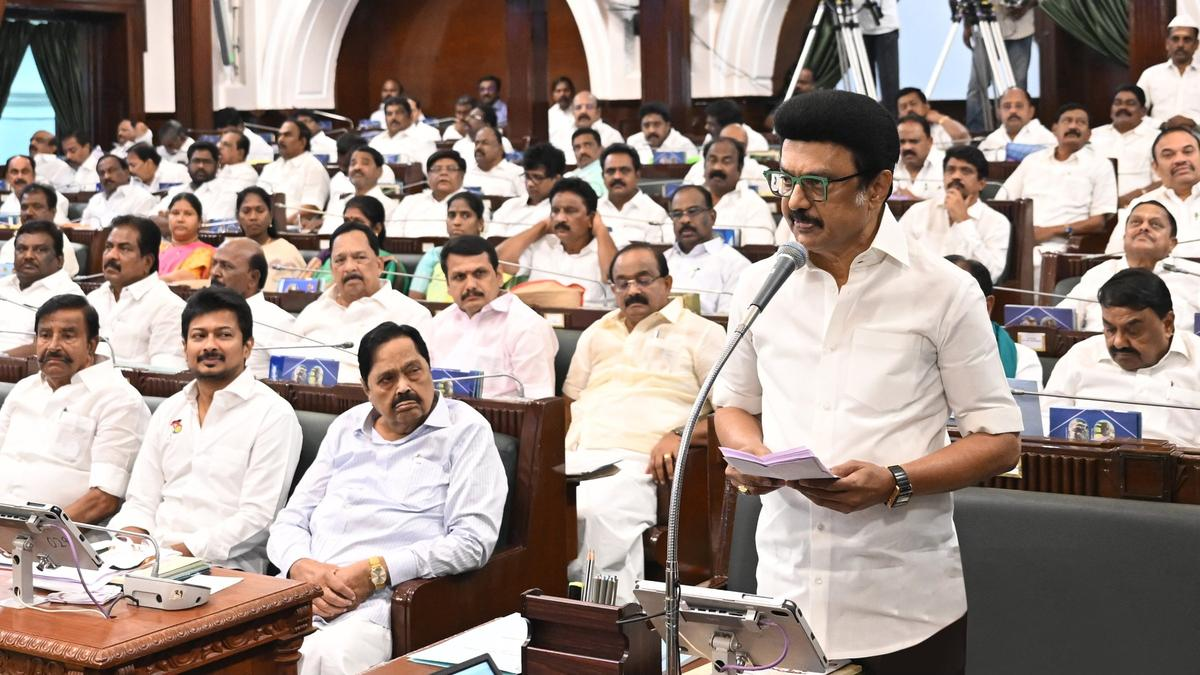Description
.jpg)
Disclaimer: Copyright infringement not intended.
Context: The global chemical weapons watchdog said a nearly two-year investigation had found that at least one Syrian military helicopter had dropped gas cylinders on to residential buildings in the rebel-held Syrian city of Douma in 2018, killing 43 people.
Details:
About OPCW:
- Headquarters in The Hague
- The convention is administered by the Organisation for the Prohibition of Chemical Weapons (OPCW), which acts as the legal platform for specification of the CWC provisions.
- The Conference of the States Parties is mandated to change the CWC and pass regulations on the implementation of CWC requirements.
- The Technical Secretariat of the organization conducts inspections to ensure compliance of member states.
- These inspections target destruction facilities (where permanent monitoring takes place during destruction), chemical weapons production facilities which have been dismantled or converted for civil use, as well as inspections of the chemical industry.
- The Secretariat may furthermore conduct "investigations of alleged use" of chemical weapons and give assistance after use of chemical weapons.
.jpeg)
Chemical Weapons Convention (CWC):
- The Chemical Weapons Convention (CWC), officially the Convention on the Prohibition of the Development, Production, Stockpiling and Use of Chemical Weapons and on their Destruction, is an arms control treaty administered by the Organisation for the Prohibition of Chemical Weapons (OPCW), an intergovernmental organization based in The Hague, The Netherlands.
- The treaty entered into force on 29 April 1997, and prohibits the large-scale use, development, production, stockpiling and transfer of chemical weapons and their precursors, except for very limited purposes (research, medical, pharmaceutical or protective).
- The main obligation of member states under the convention is to effect this prohibition, as well as the destruction of all current chemical weapons. All destruction activities must take place under OPCW verification.
- The CWC augments the Geneva Protocol of 1925, which bans the use but not the development or possession of chemical and biological weapons. The CWC also includes extensive verification measures such as on-site inspections, in stark contrast to the 1975 Biological Weapons Convention (BWC), which lacks a verification regime.
- As of 2021, 193 states have become parties to the CWC and accept its obligations.
- Israel has signed but not ratified the agreement, while three other UN member states (Egypt, North Korea and South Sudan) have neither signed nor acceded to the treaty.
- Most recently, the State of Palestine deposited its instrument of accession to the CWC on 17 May 2018.
Key Objectives of the Convention
- Prohibition of production and use of chemical weapons
- Destruction (or monitored conversion to other functions) of chemical weapons production facilities
- Destruction of all chemical weapons (including chemical weapons abandoned outside the state parties territory)
- Assistance between State Parties and the OPCW in the case of use of chemical weapons
- An OPCW inspection regime for the production of chemicals which might be converted to chemical weapons
- International cooperation in the peaceful use of chemistry in relevant areas.

https://theprint.in/world/chemical-weapons-watchdog-blames-syrian-air-force-for-douma-attack/1338406/




.jpg)
.jpg)
.jpeg)









